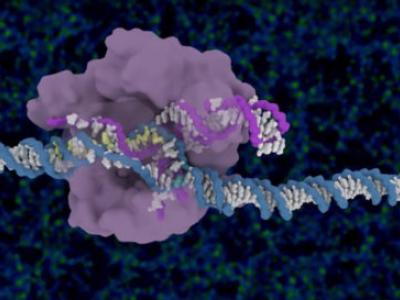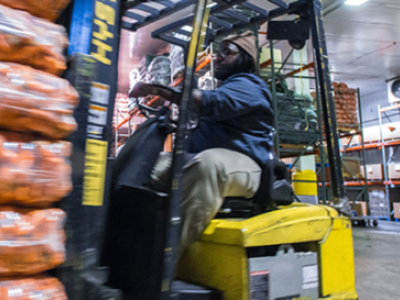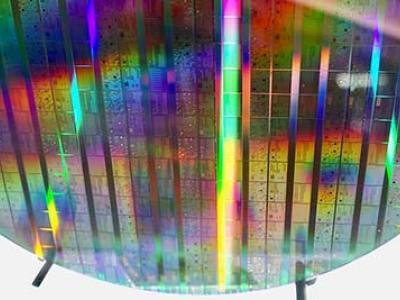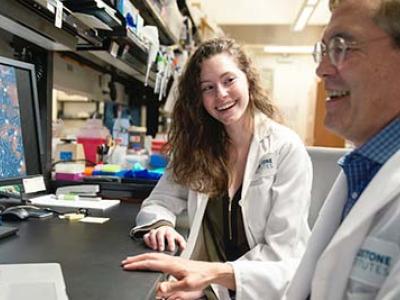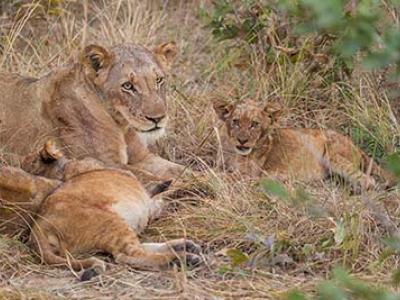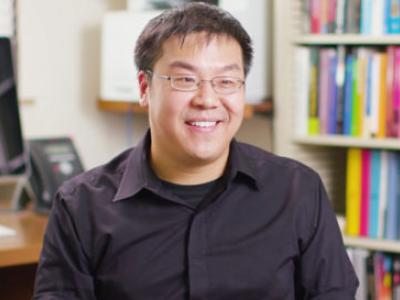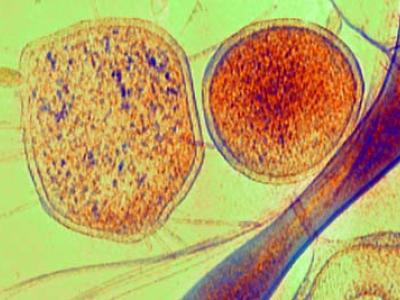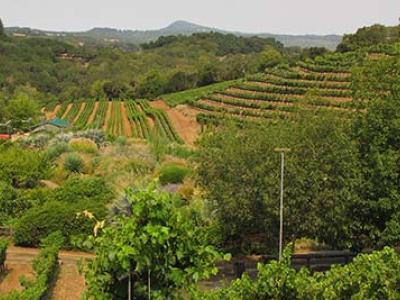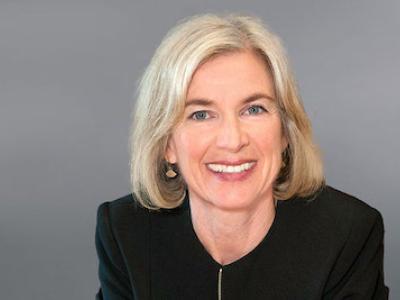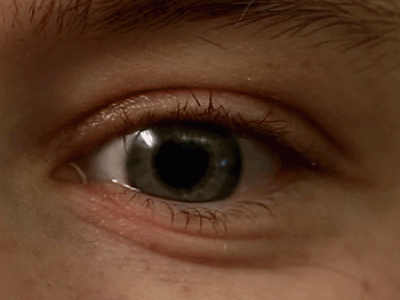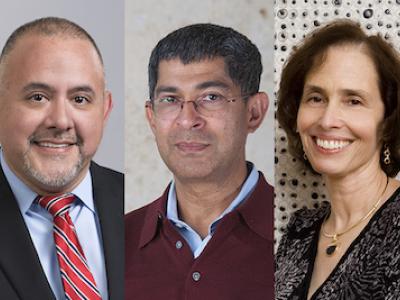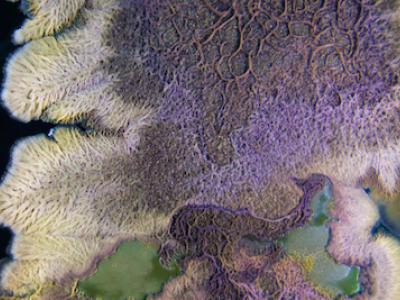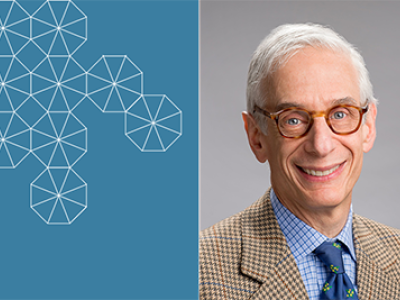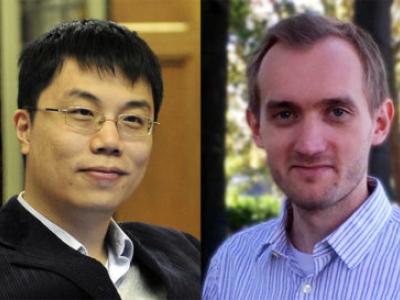The University of California announced today that the U.S. Patent and Trademark Office has granted U.S. Patent Number 10,113,167, covering unique RNA guides that, when combined with the Cas9 protein, are effective at homing in on and editing genes.
Research News
Learn more about UC Berkeley's researchers and innovators.
Showing 1745 - 1760 of 3513 Results
Meal kits make cooking easier for millions of busy families and time-starved professionals. But a new study suggests that the workers filling boxes with pre-portioned ingredients and recipe cards are struggling with low wages, unaffordable benefits, unpredictable schedules, inconsistent wage increase policies, risk of injuries and recurrent problems with timely payment.
New research may soon make it more practical to use battery-powered vehicles and devices in extreme temperatures.
As multiple research groups around the world race to build a scalable quantum computer questions remain about how the achievement of quantum supremacy will be verified.
UC San Francisco doctors working closely with UC Berkeley scientists plan to edit genomes to correct rare genetic mutations and slow or halt progression of their diseases. Within a few years we may see the first patients benefiting from CRISPR-Cas9 gene editing.
Lion conservation is at a tipping point. After dropping 43 percent over the past two decades – to about 20,000 – the populations of these big cats are in decline, but could still bounce back with proper protections.
Two years ago, Norman Yao made a big splash by showing physicists how to create a unique material — a time crystal — that reimagines the idea of flashy diamonds and emeralds. That breakthrough helped Yao garner a fellowship from the Packard Foundation.
An ancient group of microbes that contains some of the smallest life forms on Earth also has the smallest CRISPR gene-editing machinery discovered to date.
Retaining a bit of the wild in our working lands – including farmland, rangeland and forests – may be key to preserving biodiversity in the face of climate change.
The American Cancer Society will bestow its highest honor, the Medal of Honor, on Jennifer Doudna and four others. The medal is awarded to distinguished individuals who have made valuable contributions in the fight against cancer through basic research, clinical research and cancer control.
Previous research has found that training for law school admission exams boosted brain connections that sharpen reasoning skills. Today, they’ve taken a major step closer to understanding how practicing the LSAT makes students smarter. They’re watching their eyes.
Hector Rodriguez, John Kuriyan and Barbara Meyer are newly elected members of the National Academy of Medicine.
Solar energy could be the key to providing low-cost, highly reliable energy to the roughly 600 million people in sub-Saharan Africa who currently live without power.
The technique could help doctors prescribe the right antibiotics fast.
Vice Chancellor Randy Katz writes about the 2018 recipients of the Nobel Prize with deep roots to UC Berkeley. Jim Allison, honored with the Nobel Prize in Physiology or Medicine, performed his award-winning research as director of Berkeley’s Cancer Research Laboratory. Frances Arnold, recipient of the Nobel Prize in Chemistry, conducted her doctoral work here under the guidance of Professor Emeritus Harvey Blanch. And Paul Romer, a professor at Berkeley in the 1990s, won the Nobel Prize in Economics.
Two young faculty members — assistant professors Ke Xu of chemistry and Denis Titov of molecular and cell biology — were among 89 recipients of “high-risk, high-reward” grants announced last week by the National Institutes of Health.

